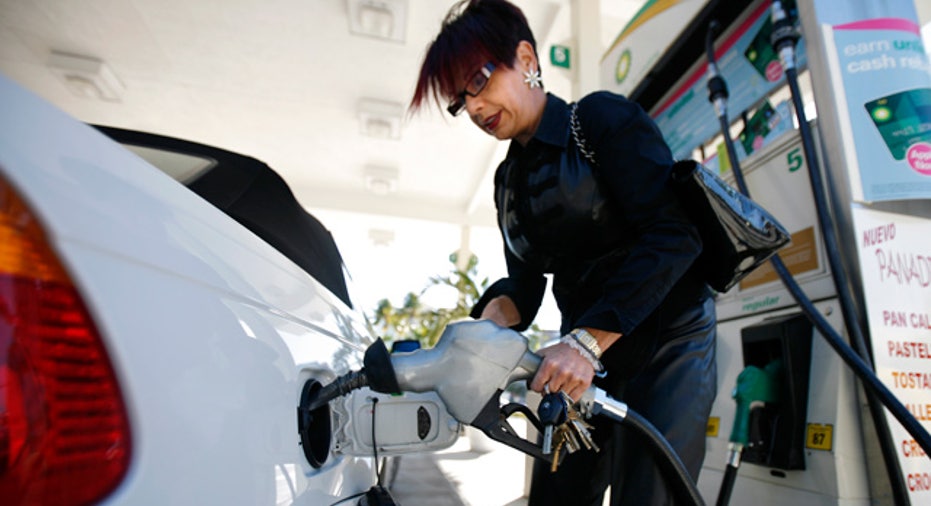Don’t Touch That: Dirtiest Surfaces in America

Turns out your sick co-worker might not be to blame for your cold this winter season. A bigger culprit might be your commute.
Daily tasks usually completed traveling to and from work can also land you in the sick bay, according to a new study from Kimberly-Clark (NYSE: KMB), the Dallas health-care products maker. The survey tested contamination levels on gas pumps, mail box handles, parking meters, crosswalk buttons, escalator handles and vending machine buttons in six cities including Atlanta, Chicago, Dallas, Los Angeles, Miami and Philadelphia.
And the results were anything but sanitary.
Armed with a Hygiena SystemSURE II ATP Meter that measures sanitary conditions, a team of hygienists were deployed to high-traffic locations to collect swabs on the objects. The swabs were then measured for levels of Adenosine Triphosphate (ATP). An ATP reading of 300 or higher indicated a higher risk for illness transmissions when the items are touched.
Gas pump handles had the highest levels of contamination with 71% of those tested having ATP levels of 300 or more. Mailbox handles were a close second with 68% having high ATP levels. Forty-three percent of escalator rails showed contamination, while 41% of ATM buttons tested poorly.
Meanwhile 40% of parking meters were found to be breeding grounds for germs and 35% of crosswalk buttons were germ hot beds. And you might want to think twice about that late-afternoon snack, the survey found that 35% of the vending machine buttons tested had higher than accepted ATP levels.
“Workers are exposed to germs every morning when they commute to work,” says Brad Reynolds, North American platform leader, The Healthy Workplace Project at Kimberly-Clark. “Workers need to be aware of the risks.”
While contamination levels on these objects exist all year, Reynolds says the risk to being exposed to germs heightens during the cold and flu season.
To help stay healthy, workers should wash and dry their hands often and/or use hand sanitizer. Changing your routine when you arrive at work can also reduce your sick time. According to Reynolds, the first thing most people do when they get to their workspace is login to their computer and check email, but they should make a pit stop to the bathroom first to wash their hands.
“Germs can be transferred up to six times among an object,” he says. Germs on your hands from touching the gas pump can be transferred to your keyboard, mouse and office coffee maker.
While washing your hands sounds simple, Jim Mann, executive director and chief science officer at the Handwashing for Life Institute says it’s the best defense in preventing the transmission of a cold. Most people assume they caught a cold or the flu through the air, but germs are largely transferred from surfaces, he says. “It’s a good idea to wash them longer than less,” he says, noting that a 15-second wash should do the job. “Time really has a critical part as does thorough drying.”
Good habits like not rubbing your eyes or touching your nose can also avoid getting sick because both serve as outlets for germs to get in.



















